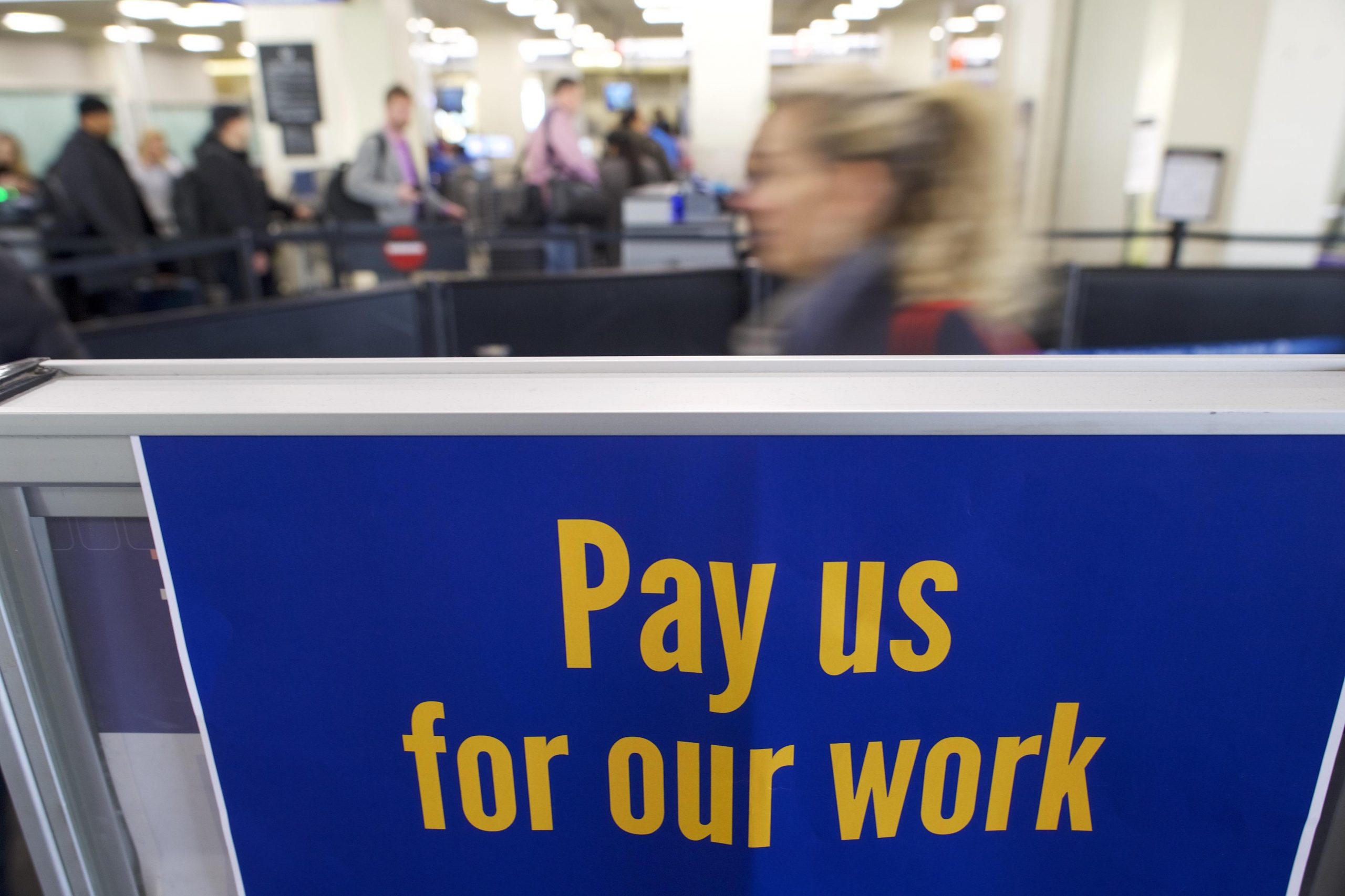The topic of government shutdowns and their impact on federal employees has gained prominence in recent years As partisan gridlock leads to funding gaps, hundreds of thousands of civil servants face disruption to their pay and benefits New legislation aims to ease the burden by ensuring all federal workers receive back pay after the end of a shutdown.
The Problem of Shutdown Disruptions
During a government shutdown, federal employees are either furloughed (sent home without pay) or excepted (required to work without pay) This causes significant hardship, as workers struggle to cover mortgages, rent, childcare and other expenses while paychecks stop coming in For example, the 2018-2019 shutdown impacted approximately 800,000 employees, many of whom had to take out loans or use credit cards to get by.
Shutdowns also impact government services and operations. National parks and museums close, applications for various benefits stall, and important research projects and health initiatives get postponed. The effects ripple through the economy.
Past Efforts Provide Retroactive Pay
After the disruptions caused by the 2013 and 2018-19 shutdowns, Congress passed legislation to provide back pay to furloughed federal employees. The Government Employee Fair Treatment Act of 2019 made this policy permanent by amending Title 5 of the U.S. Code.
Now, if there is a lack of funds that leads to a shutdown, the back pay requirement is automatically met. Furloughed staff receive full pay retroactively once government funding is restored. Excepted personnel who worked without pay also get retroactive compensation.
New Bill Expands Employee Protections
While retroactive pay helps federal employees recover lost wages, it does not shield them from all the consequences of a shutdown. That is why Congressional Democrats recently reintroduced legislation called the Federal Employee Civil Relief Act.
This bill would:
- Prevent evictions, foreclosures, and vehicle repossessions during a shutdown or debt default crisis.
- Protect federal workers’ credit ratings if they fall behind on loan payments and bills.
- Ensure workers do not lose access to health insurance, life insurance, and other benefits.
- Suspend student loan payments without penalty.
- Guarantee accrual of annual and sick leave.
- Allow workers to still retire on schedule.
Essentially, it would give federal employees a 30-day grace period after the shutdown ends to get caught up before facing consequences.
Providing Income and Benefit Security
Government shutdowns in the past have shown how vulnerable federal workers are when political disagreements stop normal spending. Workers in many different agencies have to deal with funding problems that are out of their hands.
The 2019 Fair Treatment Act brought some stability by permanently guaranteeing back pay after a shutdown. This helps workers recover lost wages. The proposed Civil Relief Act would go further by shielding federal employees from related financial and administrative impacts.
Together, these measures would ensure hundreds of thousands of dedicated civil servants can continue providing services to the public without jeopardizing their incomes or benefits. That added security may lessen shutdown stress and make the government a more attractive employer. Most importantly, it upholds a basic commitment to supporting those who chose public service.
Congress approves bill to pay back federal employees once shutdown is over
FAQ
Is the bill to end telework for federal employees?
Why does Congress get paid during a government shutdown?
Do retirees get paid during government shutdown?
Do furloughed employees get paid during government shutdown?
Will federal employees get paid if the government shuts down?
Federal employees, whether they remain on the job or are furloughed, won’t get paid while the government is shut down. However, they will receive back pay once funding is restored to their agency. In prior shutdowns, Congress had to approve back pay for employees, but a 2019 law made it mandatory.
Will federal workers get back pay after a shutdown?
In previous appropriations lapses, Congress had to approve back pay for furloughed federal workers following each shutdown, but that process has since been automated. Similarly, employees who worked overtime during the shutdown will be granted premium pay, although not until after the government has reopened.
How would a government shutdown affect federal employees?
While a shutdown would not be a good outcome for either the citizens government serves or federal employees themselves, there would be one key difference this time with regard to pay: all federal employees—even those furloughed during the closures—would be guaranteed back pay once operations resumed.
Do members of Congress get paid during a government shutdown?
Yes. Members of Congress, by law, receive their full paychecks throughout a government shutdown. But congressional support staff generally do not receive pay during a shutdown, if there is no appropriated funding for legislative branch activities. Want to stay up to date with the latest federal news and information from all your devices?

